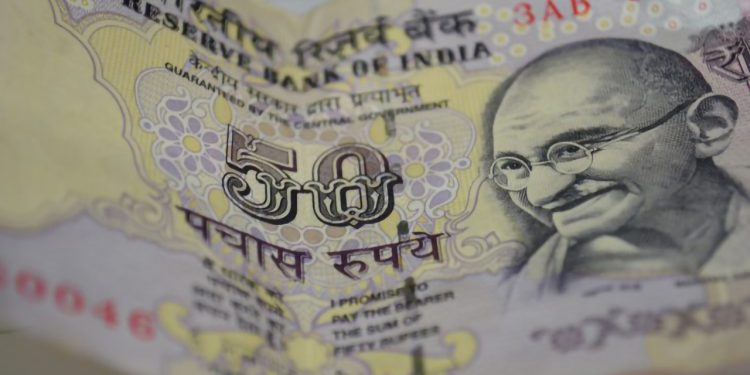In the latest move taken by the Indian government to thwart the use of cryptocurrencies, the country’s Financial Intelligence Unit (FIU) has blocked nine URLs belonging to global crypto exchanges. The reason: the exchanges had not complied with the government’s efforts to ensure that digital asset service providers fulfill its Anti-Money Laundering regulations.
The FIU confirmed that it has issued compliance notices to all nine providers and has asked the Ministry of Electronics and Information Technology block their URLs. The crypto entities affected include Binance, KuCoin, Huobi, Kraken, Gate.io, Bittrex, Bitstamp, MEXC Global, and Bitfinex. The government did not give a deadline for the companies to comply with the rules.
This action comes after India’s government announced in March that crypto companies must register with the FIU and collect Know Your Customer (KYC) information, among other money-laundering prevention guidelines. Some 31 crypto businesses have registered with the FIU.
India’s History of Anti-Crypto Activities
This isn’t the first time that India has cracked down on crypto activities. In September 2022, India’s United Payment Interface halted the use of cryptocurrency in making payments. “India’s crypto scenario underscores the fragile relationships between government, established banking providers, and upstart crypto platforms as all parties work to find paths forward in the changing environment,” wrote Jordan Hirschfield, Director of Prepaid at Javelin Strategy & Research.
The country has also imposed high capital gains taxes on cryptocurrency profits. India has a 30% tax on crypto gains, which is higher than the tax rate on equities or other investments. The Reserve Bank of India has even argued for a blanket ban on virtual currencies.
Last August, Prime Minister Narendra Modi said that there should be more worldwide regulation of cryptocurrency activities. “The rules, regulations and framework around it should not belong to one country or a group of countries,” he said at the time. “So not only crypto, but all emerging technologies need a global framework and regulations.”
To that end, India has been working on a crypto regulatory framework based on a joint recommendation proposed by the International Monetary Fund and the Financial Stability Board. The framework will supposedly impose more advanced KYC rules on crypto companies—one of the key factors that resulted in the current crackdown. In keeping with Modi’s desire for more universal crypto regulation, the framework also proposes a uniform tax policy on cryptocurrencies among all nations.
These new regulations are expected to take effect sometime in 2024.














